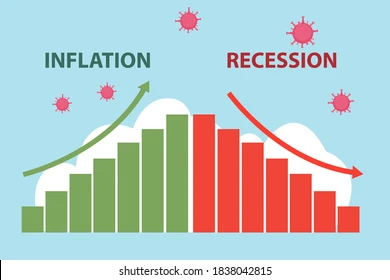
Comercio Partners, an investment bank firm, has projected that the further increase in the Monetary Policy Rate, MPR, the benchmark interest rate of the Central Bank of Nigeria, to 17.5 per cent will likely translate to higher funding cost for Small and Medium Enterprises, SMEs, and increased cost of living for consumers.
In a bid to tame the high inflation rate, which stood at 21.34 per cent in December, the Monetary Policy Committee, MPC of the CBN, increased the MPR for the fifth consecutive time by 100 basis points to 17.5 per cent.
Commenting on the rate hike, Co-Managing Partner and Head of Advisory and Investment Banking, Comercio Partners Limited, Steve Osho, noted that while it is understandable why the MPC jerked up the MPR by 100 basis points, as against market expectations, banks/lenders will respond by adjusting their interest rates to reflect the hike.
He said as a result, SMEs will pay more to borrow funds needed for their businesses, and this increased cost will translate to higher price of goods and services for consumers.
Osho said: “From the banking and consumer lending point of view, banks/lenders typically would adjust their rates to reflect the hike. Although the recent upward trajectory on inflation has anchored majorly on the exchange rate volatility/naira depreciation, the astronomical cost of energy and food insecurity amidst many other factors.
“So, it is yet to be seen how this will impact the real sector but the likely impact will be felt by SME and other consumers on the cost of borrowing to finance business and likely increase in cost of living for an average Nigerian”.
On how the MPR hike will impact the financial markets, Osho said yields on fixed income securities will continue to trend upwards and thus encourage more investors’ shift from the equity market to fixed income market.
He said: “The common reaction to rate hikes in the market would see bearish sentiments dominate the equities market as investors would be looking to switch to higher yielding fixed income instruments. I expect a similar trend this time.
“The debt management is expected to borrow over 320 billion naira monthly from the auction calendar recently released for the first quarter of 2023.
“As liquidity begins to thin out over the next few months coupled with high borrowing pressures from the government, yields on fixed income securities will continue to trend upwards.”






